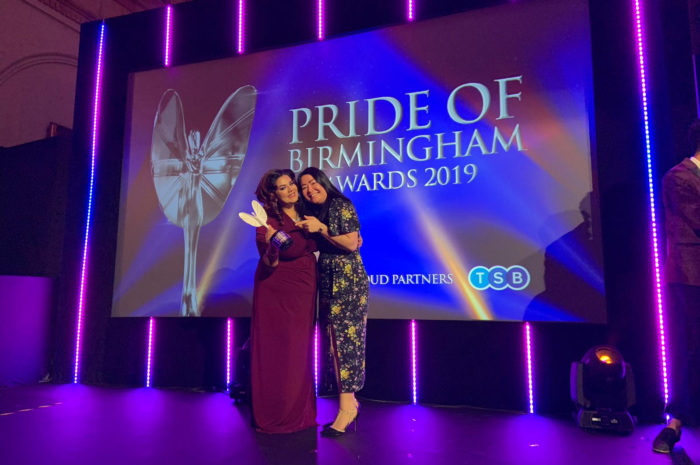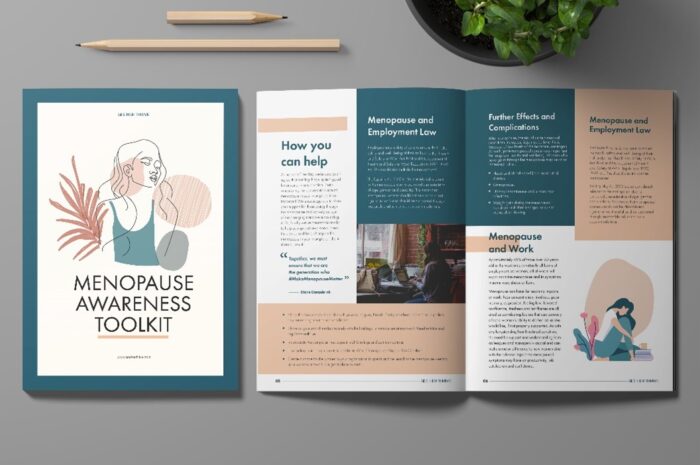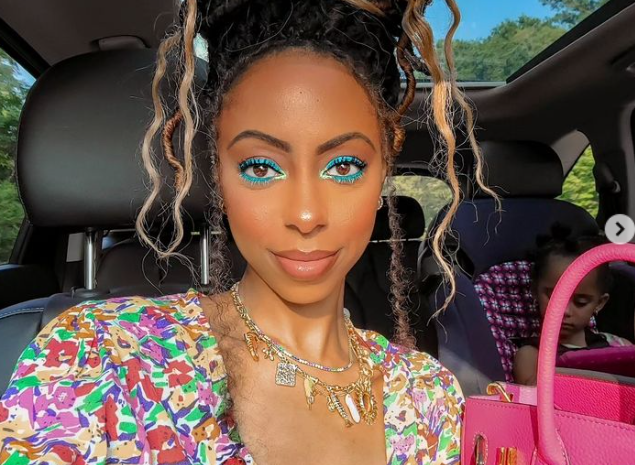
I’ve always believed that the concept of virginity was a social constraint.
Actually, that’s a lie.
It’s taken me years of constant unlearning to get to this point. My belief that it is a social constraint doesn’t mean that I don’t think that virginity and sex doesn’t carry emotional weight. Because it does, and it is important for women to understand where this concept has come from so they can be free of this emotional baggage and shame.
Both sex and virginity are two very different things. Virginity is usually explained as the hymen breaking when you first have sex. Sex can also be defined broadly.
You can NOT tell if someone is a virgin or not by looking at their hymen.Of course the above is based on female virginity.
There is very little emphasis on male virginity, if anything there is a huge double standard in the way a male is treated if he isn’t a virgin, as he typically is seen as a “man.”
Again you can’t tell by looking at male genitals if they are a virgin or not.
A lot of traditional views on virginity are based on religious and cultural beliefs that have nothing to do with the facts.
In some cultures, it is still expected for women to bleed after their wedding night. “Virginity tests,” hymen examinations and reconstructions are still practiced.It was only in 2013 that India finally outlawed the 2 finger rape test.
Never heard of it? Well, what the “test” essentially proved the “guilt” of perpetrator, if a doctor could fit 2 fingers inside a rape victim; it meant she had consented to sex.
In most cases, they would be found not guilty.
In Georgia, there is an old Azerbaijani tradition called yenge, where the groom shows his bloodstained sheet as proof of his new bride’s virginity. These tests are only expected of women and also highlight the levels of humiliation that the concept of virginity has for women.
Virginity is a quality any individual has, and only THEY can decide whether they want to change this or not.
This can be difficult for sexual assault survivors who may feel that their virginity was taken from them. Virginity is a concept we carry and can change ourselves.
Medical knowledge has progressed a long way since these traditional “tests” and it is important that we re-educate our beliefs on virginity based on what we know now. For some of us, this means challenging our religious and cultural beliefs.
This is part of the work Cysters do, re-educating the community about these outdated beliefs. That is not to say that we promote sexual promiscuity – we want women to have informed, educated information so they can make these choices freely. The discussion on virginity has always been steered by other agendas, religious, political or cultural.
In my mind, it’s another way to police women, their bodies and even their sexuality. When we talk about “deflowering” a virgin we perpetuate this ideology that women are pure, and virginity is a precious commodity. Virginity is a tool that controls sexuality and determine their value. Growing up, virginity was explained to me as a woman being a Rose, and when that rose is plucked, it dies. That message is internalised, and it has taken me years to re-educate myself, and understand virginity is much bigger than this.
Women are often placed on a pedestal relating to purity, based on virginity.
Yet for the men around me, it was better for their social standing if he is not a virgin.And here we have the sexual double standards.In my opinion this view on virginity leads to “slut shaming” which only perpetuates these sexual double standards.
Shaming, by definition is, “the painful feeling arising from the consciousness of something dishonorable, improper, ridiculous, etc., done by oneself or another:” so by shaming these women based on their virginity or lack of virginity we coerce their choices around how they go about being sexual.
Also, there is an assumption that virginity is only “lost” following heterosexual vaginal sex. This perpetuates the idea that heterosexuality is normal and anything else isn’t. It erases those experiences of the LGBT community.I have friends who have grown up confused on their sexuality, virginity and whether their experiences are in fact “real.”
Through Cysters, we have come across women from minority backgrounds who strive to remain “virgin” by engaging in sexual acts, but not penetrative vaginal sex, a number of these women participate in oral and anal sex.Yet only vaginal sex is seen as loosing your virginity. This approach to virginity also has a knock on effect with other health issues such as cervical screening, in that women mistakenly believe that the HPV virus can only be spread through vaginal sex.
This is why education is SO SO SO important – women are misinformed, leading them to gamble with their sexual and reproductive health.
So lets have these conversations together, let’s end the shame, lets have real open conversation, lets educate women for them to be able to make informed consensual decisions.



